“Are you fed up with the high cost of cooking gas? The rising fuel prices in Kenya have made it increasingly difficult for to cook using the clean LPG cooking gas. But what if we told you there’s a way to reduce your utility bill without compromising on your daily cooking needs?
In this blog post, we’re sharing 13 LPG gas safety tips. Following them will not only make your gas last longer, but also save you money on refills. Learn how to use your cooking gas efficiently now.”
Why is your cooking gas finishing fast
Your cooking gas bill is directly related to the number of refills. If you understand why your natural gas is finishing faster in your kitchen, you will know where to make changes to make it last longer without additional investment.
Leakages
A cooking gas leakage is not only expensive for your utility bills. It’s a huge fire hazard. While leaks will make you visit the gas refill depot often while a large portion was not used in cooking. A fire accident can easily destroy your property or cause loss of life.
Occasionally check and test your gas burner, pipe and the regulators for leakage. You can pour soapy water on the suspected spaces. Besides, the LPG gas has a foul smell that you can easily smell.
unclean/ old burners
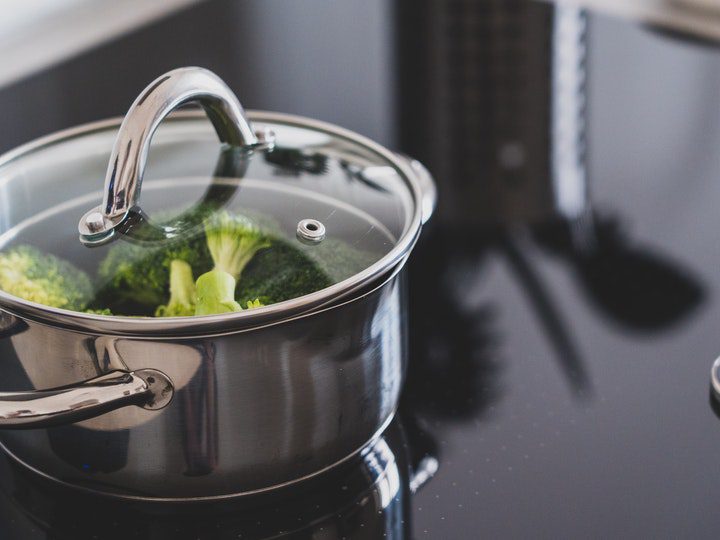
To reduce wasting cooking gas, keep your gas burner sparkling clean. It should be unblocked and give a uniform blue flame. If you are having some streaks of yellow, orange or red color it means you are losing gas to poor combustion.
The reflective surfaces should be shiny clean to reflect all heat on the cooking pot. To save money on cooking gas bill, a replacement with a modern efficient burner like the 4-burner gas stove with a granite or insulated gas cook top.
Substandard weight
Maybe your gas is finishing fast because you are constantly duped by your supplier. The standard gas cylinders in Kenya are in 3kg, 6kg and 13 k cylinders c for home customers. Commercial customers like hotels can use the 22.5 kg and the 50kg cooking gas cylinder.
Some cooking gas suppliers may fill your cylinder with less volume to make profits from you. As a customer, unless you weigh from the depot, its unlikely to note the low amount as it will not make a significant weight difference
Overcooking meals
Each recipe has its recommended required cooking time. Turn off the gas stove at the right time to avoid losing nutrients and expensive cost from overcooking the meals. Use a standard recipe for all your foods that you prepare at home. Even better, remember to set an alarm or reminder on your phone.
Narrow cooking pots
You are likely wasting your cooking gas by having narrow cooking pans and sufurias. An ideal cooking pot must have a diameter that covers the fire flame completely. A visible flame escaping to touch the sides of the pot wastes fuel by heating the surrounding air. If you cannot have broader cooking vessels, reduce the flame to see it do not creep out on the sides.
Wet cooking pots
Do you usually wipe clean and dry all your cooking pans and cookers before placing them on cooking range. When you use wet pots, some heat is used to dry and heat up the pots before you can cook or boil food.
How can you make your cooking gas last longer
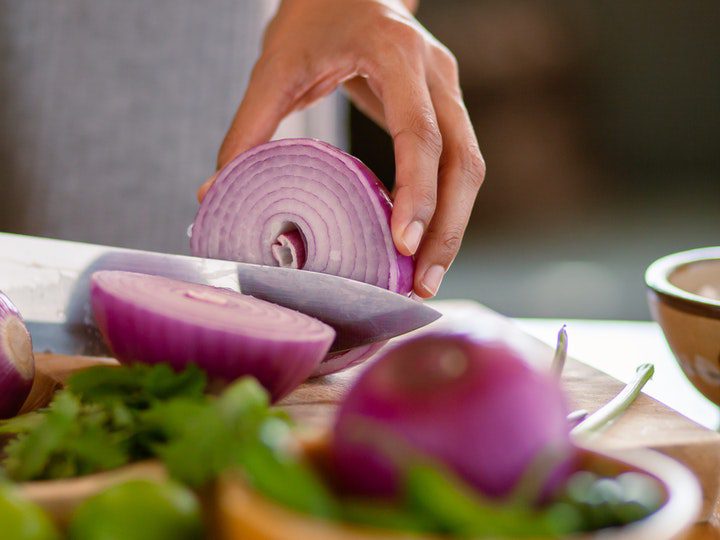
Having understood why you are using “extra” cooking gas in your kitchen, here we give you safety tips on cooking gas. When followed correctly, they can make your gas cylinder last longer.
Soak dry foods
Soaking dry foods such as maize, rice and beans can reduce your cooking time by half. You will need several minutes to an overnight soaking period. The time depends on the type of food and the age of cereals or pulses.
Soaked foods take a shorter time to cook hence using lesser amount of gas.
Use a pressure cooker
An efficient cooking appliance such as the pressure cooker can save you time and money on cooking. A 2018 study showed you can save 90% of your cooking cost and 75% of cooking time by using an electric pressure cooker (EPC).
The pressure cooker is ideal for boiling heavy foods such as githeri, njahe and beans that take several hours to cook. The best tip however is to do bulk boiling of all cereals and pulses on a weekend and store them in a fridge to reduce cooking several dishes.
Simmer with a lid on
Always cover your food while its cooking to make your cooking gas last longer. Uncovered pots lose heat energy and money through escaping steam and evaporation. By trapping these in your pot, it will make your cooking cheaper.
To avoid excess heat loss through evaporation, turn down the heat to lowest range when you have brough the pot to simmer.
Follow a cooking recipe
As earlier indicated, following a recipe cooking will help you save gas by turning it off on the right time. The second way a recipe will help to make your cooking gas last longer is avoid idle flame. You will have to prepare all ingredients prior to cooking. Only light the cooking stove when all kitchen equipment and cooking materials are placed within reach.
Besides, A recipe will help you use right volumes of water. Excess water consumers additional water to boil and dry.
Final tip on following cooking recipes and conserving energy is allowing food to thaw or reach room temperature before cooking.
How can you save money on cooking gas
In this, final section we give frugal tips to save money on cooking gas.
Diversify your energy sources
You can save money on cooking gas significantly if you diversify your energy or fuels sources. Some clean energy heating sources you can use are solar heating, electricity and biogas. Other cheaper cooking fuels are charcoal and firewood. Besides, there is a growing trend to use of clean energies fuels such as ethanol (Koko cookers) as alternatives cheaper fuels to LPG gas.
To note is that use of charcoal and firewood may have adverse effects on the environment by deforestation and smoke pollution. To avoid those negative effects, consider two energy conserving tips
- Use energy saving charcoal jikos that use less fuel while holding more heat. Examples of the super saver charcoal cook stoves in Kenya are the jikokoa and the envirofit
- Consider using wastes as fuel such as sawdust, rice husks and sugarcane bagasse. Or make charcoal briquettes.
Finally, consider using oven efficiently in the house and the electrical kettle heaters to boil water. Bringing water to a boiling point for simple dishes like rice and ugali can take up to 20 minutes wasting large volume of gas.
Cook Smaller cereals and chopped food pieces
The longer you cook, the more money you will spend on cooking gas.
To save money, chop your vegetables, meat and other ingredients such as onions into small pieces that cook faster. They have a small surface to absorb water and heat. Some people also avoid frying food and put all food ingredients at start. This however may affect your food taste.
| Cereal product | cooking Time | Electricity units (KwH) | cooking Cost (Ksh) |
|---|---|---|---|
| Mbaazi | 1 hr 57mins | 2.2 | Ksh. 50.6 |
| Nyayo Bean | 1hr 55 mins | 2.2 | Ksh. 50.6 |
| Kamande | 56 mins | 1.0 | Ksh. 23.0 |
| Wairimu | 1hr 34 mins | 1.6 | Ksh. 36.8 |
| Ndengu | 1hr 1 min | 1.2 | Ksh. 27.6 |
| Yellow Beans | 1 hr 50 mins | 2.0 | Ksh. 46.0 |
| Njahi | 2 hr 38 mins | 2.8 | Ksh. 64.4 |
As an urban consumer, you can save money on cooking gas by buying and using smaller cereal products such as lentils (kamande) and green grams (ndengu). As shown below, they only cook in less than half the time like bigger cereals like normal beans and njahe.
Buy a larger gas cylinder
Are you familiar with economies of scale? Simply put, you can benefit buying and refilling a bigger gas cooking barrel than a smaller one. Apart from enjoying lessor refill cost per kg, you will make lessor trips to the gas supplier saving money on cost of transport
In the diagram above, by refilling a 50kg gas cylinder, you can save Ksh 52 per refill compared to a 3kg cylinder. The assessment used current meko gas prices in Kenya from a leading gas supplier.
Switch suppliers
Finally, if you suspect your current gas supplier sis selling you substandard cylinders, leaking appliances or burners, consider switching to a new one such as mgas.
The new supplier should have a good reputation with quality customer services such as measuring cooking cylinders on site, replacing hosepipes, regulators and burners etc.
Conclusion
The above gives you best tips to save money on cooking gas bill. The tips are simple and cheap and seem not to make any difference at the start. But the little cumulative savings can save you loads of money during inflation and rising cost of living periods like today.
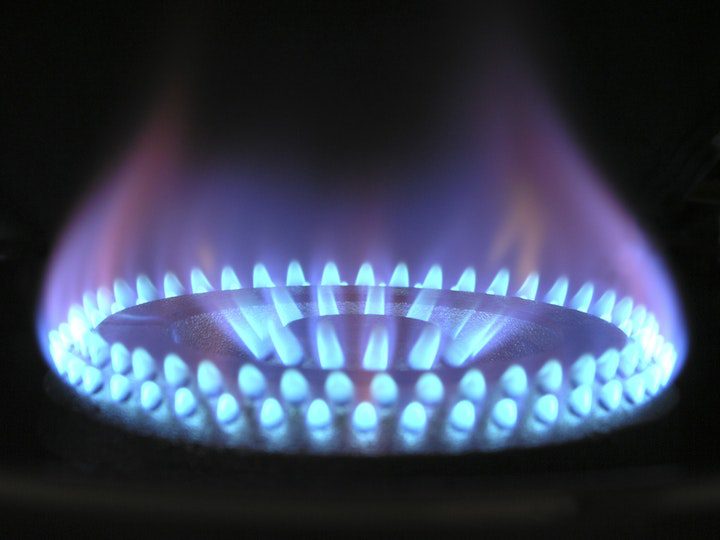

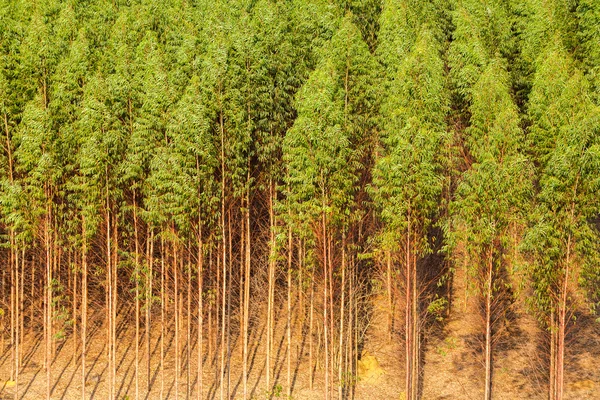
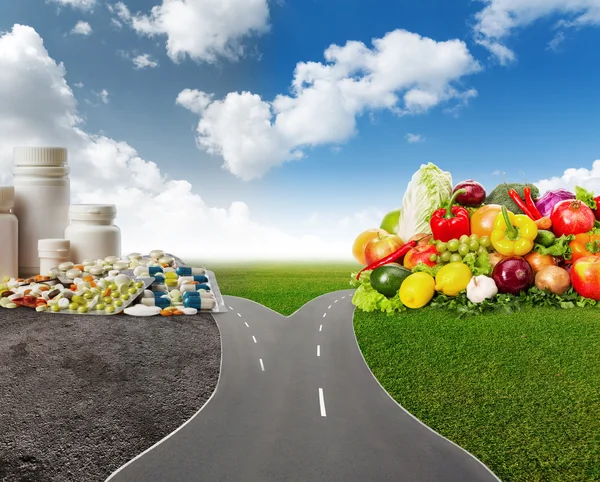
With the increased cost of petroleum fuels and the increased cost of fuel during this inflation this information is quite timely